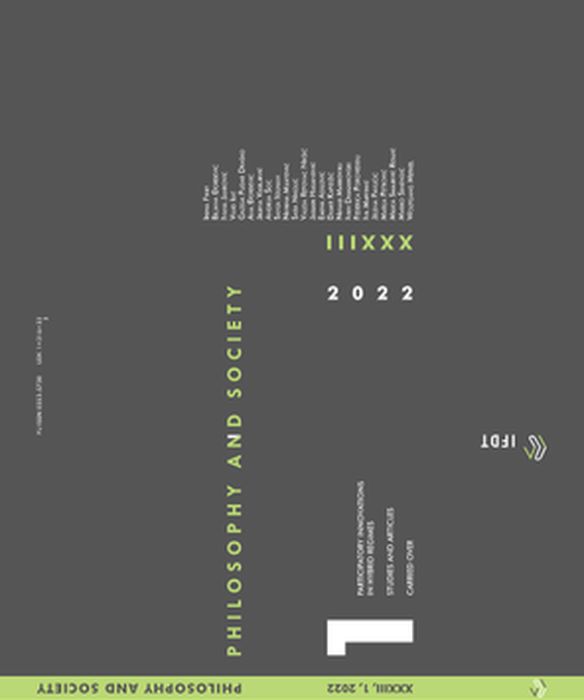FAILED EXPECTATIONS: CAN DELIBERATIVE INNOVATIONS PRODUCE DEMOCRATIC EFFECTS IN HYBRID REGIMES?
FAILED EXPECTATIONS: CAN DELIBERATIVE INNOVATIONS PRODUCE DEMOCRATIC EFFECTS IN HYBRID REGIMES?
Author(s): Irena Fiket, Vujo Ilić, Gazela Pudar DraškoSubject(s): Governance, Government/Political systems
Published by: Institut za filozofiju i društvenu teoriju
Keywords: Deliberative democracy; mini public; democratic innovation; citizen participation; hybrid regime; Serbia
Summary/Abstract: Participation in deliberation in stable democracies produces effects which are beneficial for democracy, while the results of deliberative innovations in non-democracies are more ambiguous. This article contributes to the debate about the effects of participatory democratic innovations on attitudes, related to democratic commitments, political capacities and political participation, in the increasingly ubiquitous hybrid regimes. We present the evidence collected from the participants before and after deliberative mini publics (DMPs), held in Serbia in 2020. Serbia is an exemplary case of a recent wave of autocratization, which had led to it becoming a hybrid regime, and it had no track record of deliberative innovations. When conducting the mini publics, we introduced an innovation in the standard design, by including active citizens – representatives of local initiatives or social movements particularly interested in the issue of DMPs. We could not find evidence that the democratic innovation affected attitudes of participants regarding democratic commitments, political capacities and political participation. However, we did find that participants of the DMPs became less satisfied with the functioning of the democracy on the local level. We argue that the anti-democratic wider context of hybrid regimes can produce adverse effects when introducing participatory democratic innovations, at least when it comes to this specific dimension of political participation. We conclude with the suggestions for further research, and a call for consideration of the wider political context when designing democratic interventions in hybrid regimes.
Journal: Filozofija i društvo
- Issue Year: 33/2022
- Issue No: 1
- Page Range: 50-71
- Page Count: 22
- Language: English

